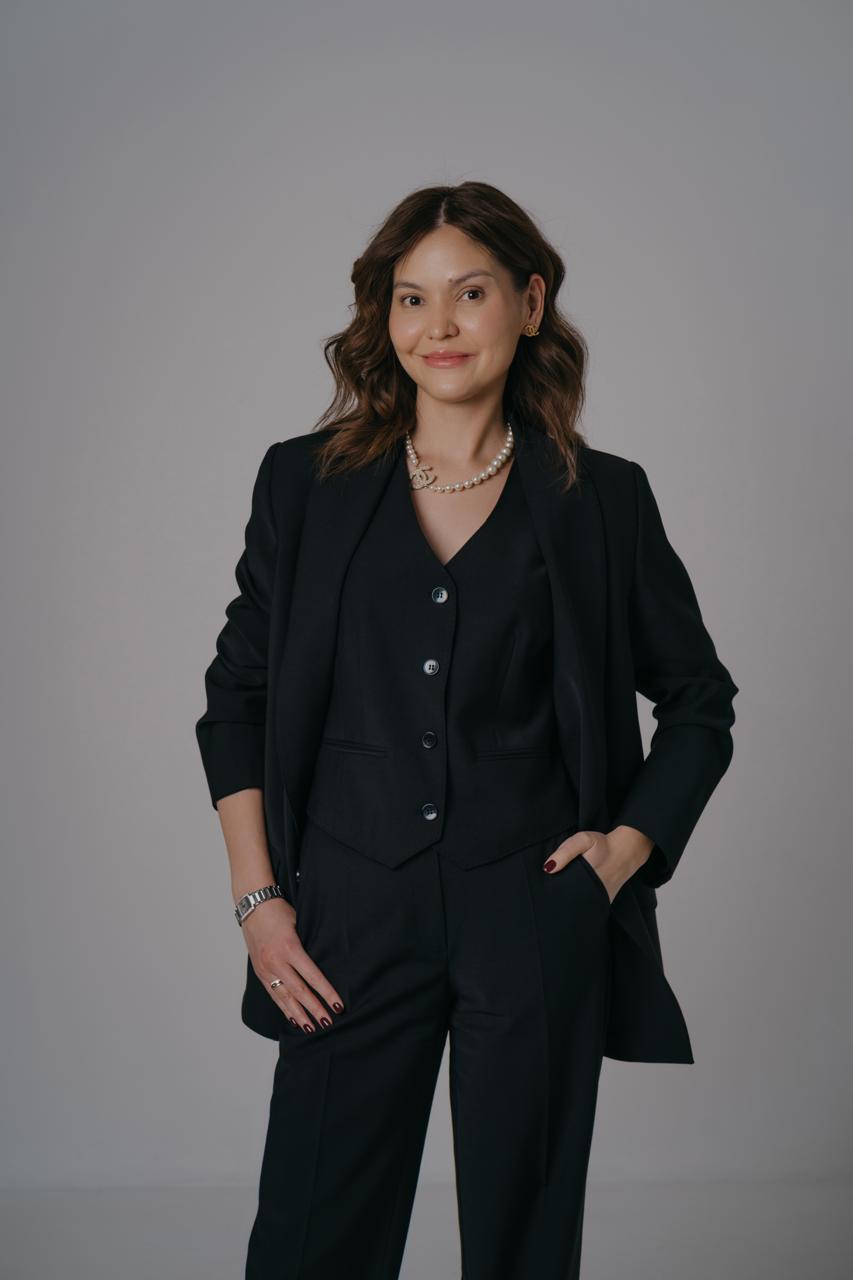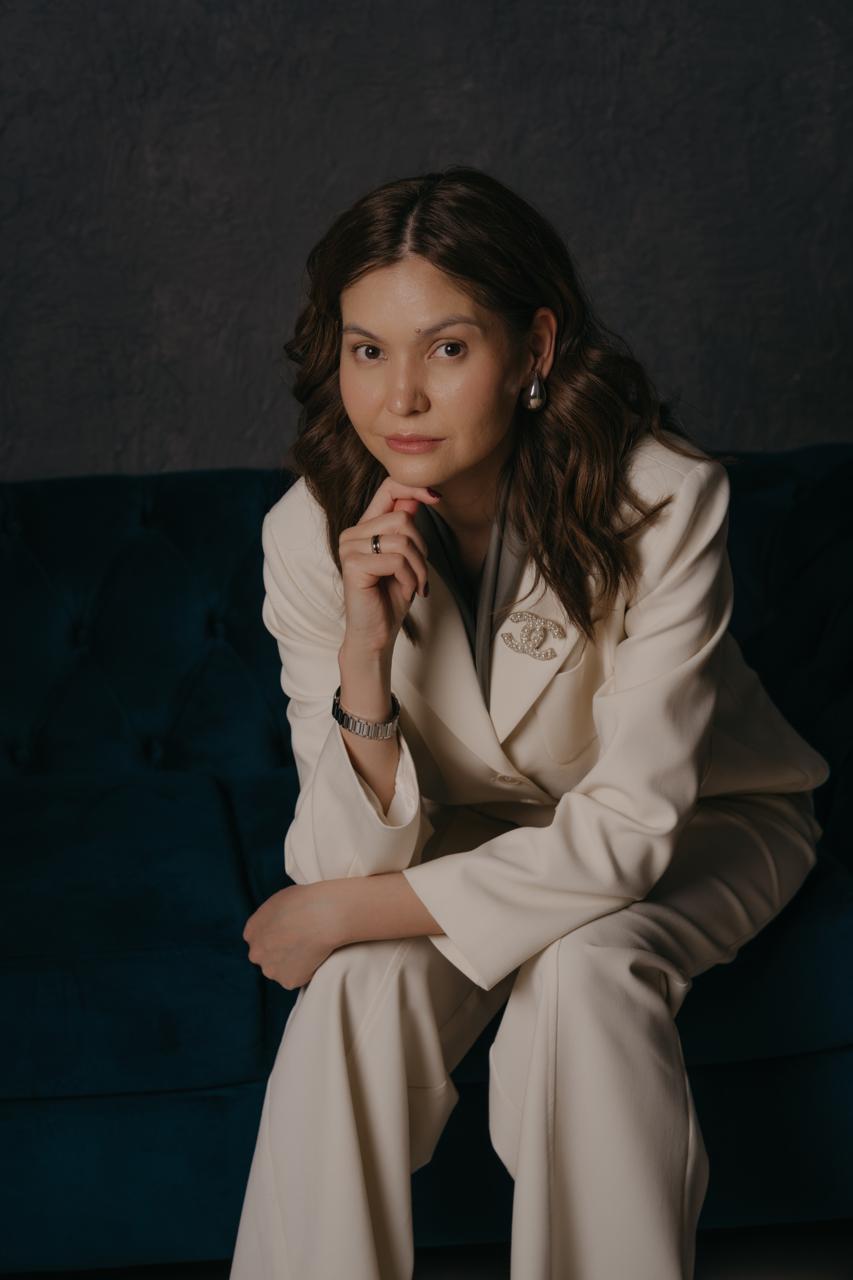In this TechBullion interview, Aktoty Shurtabayeva, a recognized expert in the hospitality industry, shares her unique experience working in renowned international chains such as Marriott, Hilton, and Sheraton. She discusses the challenges and triumphs that accompanied the opening of three landmark hotels in Astana. Aktoty analyzes the impact of the pandemic on the industry, reveals her sales management strategies, and shares her vision of current trends. Moreover, she offers valuable advice to young professionals who are just beginning their journey in the hotel business. This interview is a great opportunity to learn the secrets of effectiveness from an expert who has climbed all the steps of the career ladder and remains a sought-after professional in her field.
Aktoty, your journey in the hotel business is impressive in its scale and diversity of experience — you have been working in the hospitality industry for 13 years. This impressive term inspires sincere respect. To start, please tell us how your career began and what brought you to this field?
My journey in hospitality began quite spontaneously in 2009. As a student, I became eager to improve my English, and it was this desire that led me to the hotel industry. My choice fell on the international hotel Renaissance Atyrau, which was part of the Marriott chain. I started my career with a position at the reception desk. This was my first job, and I was full of enthusiasm — this position gave me invaluable experience in communicating with guests and understanding their needs.
Soon, I realized that the hotel business is not just a place for temporary earnings but an entire industry with huge potential. I really liked the dynamics of this sphere, the constant movement, and the opportunity to face new challenges every day. Later, I moved to the sales and marketing department, where I was able to reveal myself from another perspective. I became interested in the processes of hotel operation from the inside, strategies for attracting guests, and forming a brand image. Thus began my conscious career in the hotel business, and I realized that I wanted to continue to develop in this area.

You mentioned several promotions in the front office and sales department. Your rapid career growth is the result of not only hard work but also unique personal qualities. Share what skills, in your opinion, helped you advance up the career ladder?
Promotions in the front office were an incentive for me to move forward. I think that a number of factors played a role in my advancement, but first of all, it was my desire for professional growth. I always tried to make the most of all opportunities for learning and development, to learn new things, and to apply the knowledge gained in practice. I also understood that teamwork is very important, so I was always ready to help colleagues and take responsibility for the result.
In addition, I believe that stress resistance also played an important role. Working in the hotel business is not easy; it is associated with various situations, but I always tried to remain calm, find a way out of difficult situations, and not lose focus on the main goals.
Another important quality I consider is my focus on results. I have always set ambitious goals for myself and tried to achieve them, and this was certainly noticed by my management. Perhaps, thanks to all these qualities, I was able to advance up the career ladder.
Participating in the opening of three landmark hotels in Astana — Marriott, Hilton, and Sheraton — is a serious experience. Please tell us about the difficulties you encountered when launching these projects, and how you managed to overcome them?
Opening the first Marriott in Astana was a very responsible task because it was the brand’s first hotel in the capital of Kazakhstan. We needed to build the work from scratch, train staff, and attract the attention of guests. In Hilton, the main difficulty was the deadlines for the completion of the facility, due to which we had to postpone the opening, but despite this, we managed to successfully launch the hotel. And, perhaps, the most difficult challenge was the opening of Sheraton, which coincided with the beginning of the COVID-19 pandemic.
The most difficult moment was probably the opening of Sheraton because at that time we were not ready for such conditions. But, despite all the difficulties, we coped — actively used our resources, revised our sales and marketing strategy, adapted to new conditions, and as a result, we were able to successfully launch each of these three hotels. And this experience made us stronger and made us realize that we can overcome any difficulties.
How did the pandemic affect the process of launching the Sheraton Astana hotel? What adjustments had to be made to the plans?
We were preparing for the opening on a large scale, but in March, when we planned to open, a state of emergency was declared in Kazakhstan, and this completely turned all our plans upside down. All borders were closed, all business events were canceled, and this, of course, affected our marketing and financial performance. We had to close the hotel and suspend all work — at that time, we lost the opportunity to open it at the planned level.
But our work did not stop there. We analyzed the situation and realized that we needed to completely revise the sales strategy. If earlier we were mainly focused on business travelers, now we have to refocus on the local market. We also began to offer various weekend packages so that people could relax and unwind in the hotel. We introduced new services and products in order to meet the new market conditions. It was a period of hard work, but it was thanks to such measures that we were able not only to survive but also to succeed.
Each of these hotels belongs to a well-known international chain. What were the peculiarities of opening hotels of different brands? Were there differences in requirements, standards, and approaches?
Yes, you are right. Marriott is a classic brand with a long history, and in their approaches, we adhered to strict compliance with standards and attention to detail. Hilton was mainly focused on hosting conferences, and we had high hopes that it would become a great place for major events. Sheraton is part of the multifunctional complex Abu-Dhabi Plaza. The hotel offers guests of the capital a unique space that perfectly reflects the brand’s positioning, which sounds like “Where the World Comes Together.”
We took these features into account when launching each hotel, adapting our sales and marketing strategies not only to meet all the requirements and standards but also to maintain the individuality of each of these hotels so that guests could feel the uniqueness of the brand and have an unforgettable experience.

The hospitality industry is constantly evolving. Your experience and expert opinion are particularly valuable for understanding the current market situation. What trends have you noticed recently, and how do they affect your work?
Observing the development of the hospitality industry, I can identify two key trends that have a significant impact on our work and, as never before, require strategic adaptation.
Firstly, digital transformation continues to be a dominant factor. Customers are increasingly using online platforms to search, compare, and book hotels. This requires us to ensure a seamless interaction experience across all channels — we must constantly improve our websites, mobile applications, and online booking systems, making them more intuitive, convenient, and fast.
Secondly, personalization is becoming a consistent need for every modern guest. Customers want to receive not only standardized service but also a unique experience that matches their individual preferences. This means that all our marketing efforts should be aimed at creating an individualized service — from personalized welcome messages to personalized offers for food and leisure.
These trends definitely affect my work. Without continuous development, innovation, and customer focus, the question of long-term success should not even arise.
Thank you for your answer! And what advice would you give to young professionals who are just starting their journey in the hotel business?
To young professionals who are just starting their journey in the hotel business, I would like to give a few tips. Firstly, do not be afraid to use all the opportunities that companies provide for training and development. Try to learn all the processes from the inside, do not be afraid to ask questions and ask for help from more experienced colleagues. Secondly, be proactive and take initiative, do not be afraid to take responsibility and step out of your comfort zone.
Thirdly, do not expect everything to be “handed to you on a silver platter.” Develop your professionalism, work on yourself, and then success will not be long in coming. The hotel business is a sphere where you face new challenges every day, so you need to be prepared for difficulties and not be afraid to overcome them. And, of course, do not forget that hospitality is a “person-to-person” profession, and you must truly love your job.


































